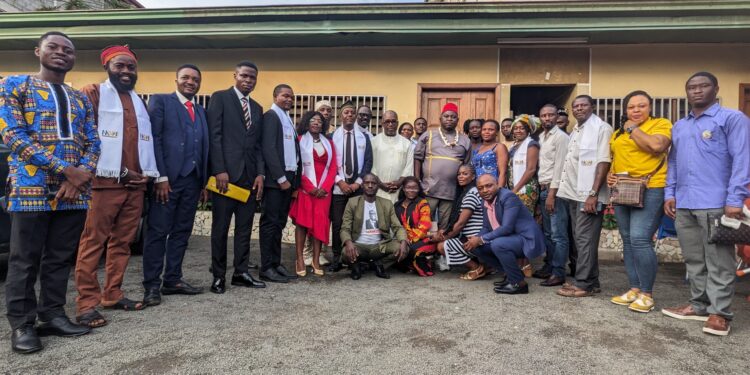The Now Movement, led by presidential aspirant Barrister Akere Muna, has installed an 11-member task force to coordinate its activities in the South West region ahead of this October’s elections.
The task force was installed in Buea on Saturday, March 22, by the national coordinators of the Now Movement, Victor Samcoh and Dr. Ako John Ako.
Tambe Henry was appointed as president of the task force, with Catherine Agbor as vice president. Other key members include civil society advocate, Lucas Nji; history lecturer Dr. Lalo Ernest; and PhD student, Agama Blaise.
Their mandate includes establishing the movement’s divisional and subdivision bureaus, mobilizing voter registration, and identifying and setting up polling agents for the October presidential elections.
While the formation of the task force is seen as a significant move, it comes just six months before the election, where Akere Muna has declared his intention to challenge long-serving President Paul Biya.
Founded in 2017 by renowned anti-corruption lawyer Akere Muna, the Now Movement asserts that Cameroon is suffering from a “leadership deficiency syndrome” and that its governing institutions require a complete overhaul.
Mobilizing Youths for Election
Victor Samcoh, national coordinator of the Now Movement, believes Akere Muna is the right candidate to lead Cameroon at this time due to his governance expertise and reputation for transparency.
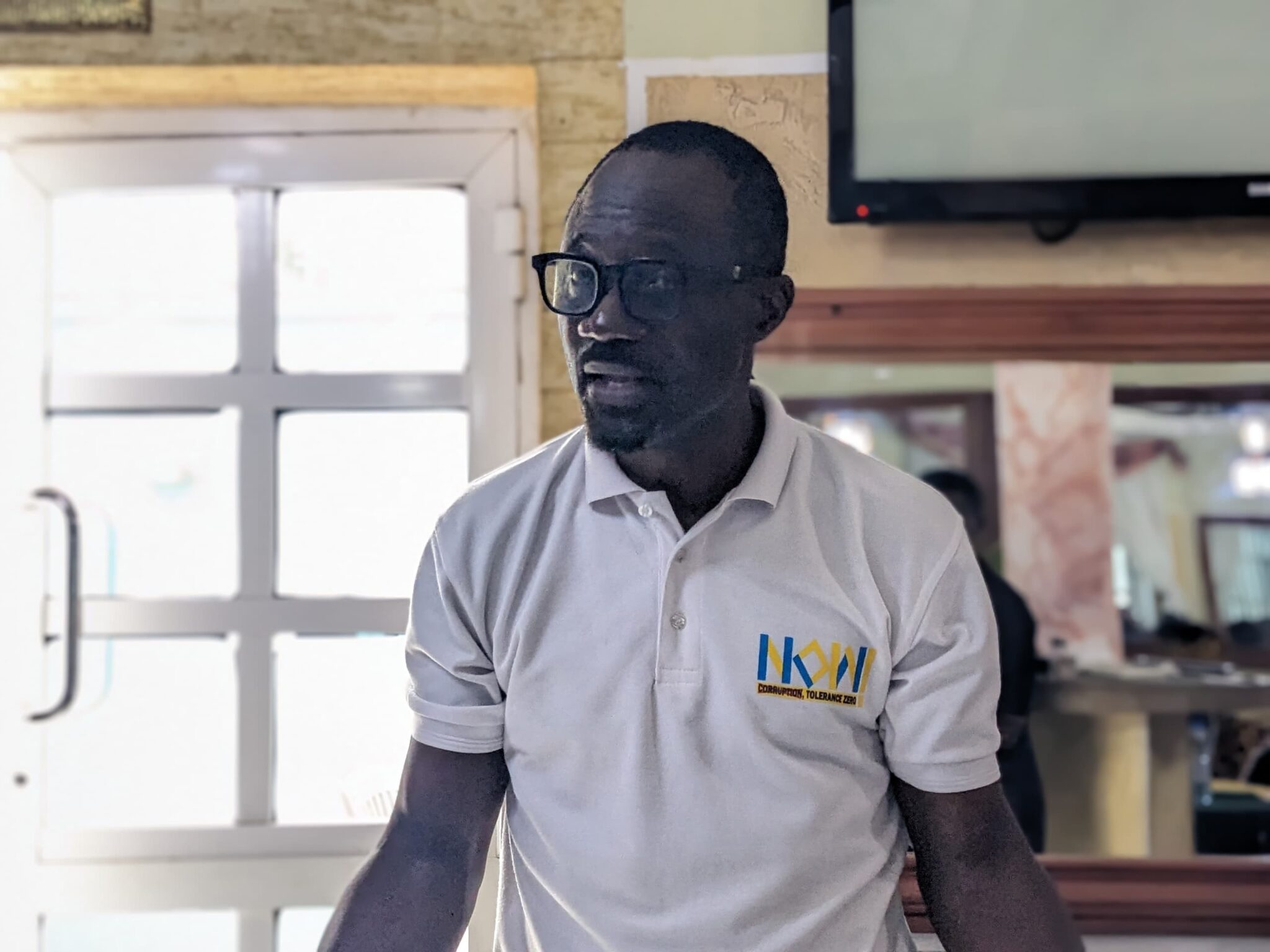
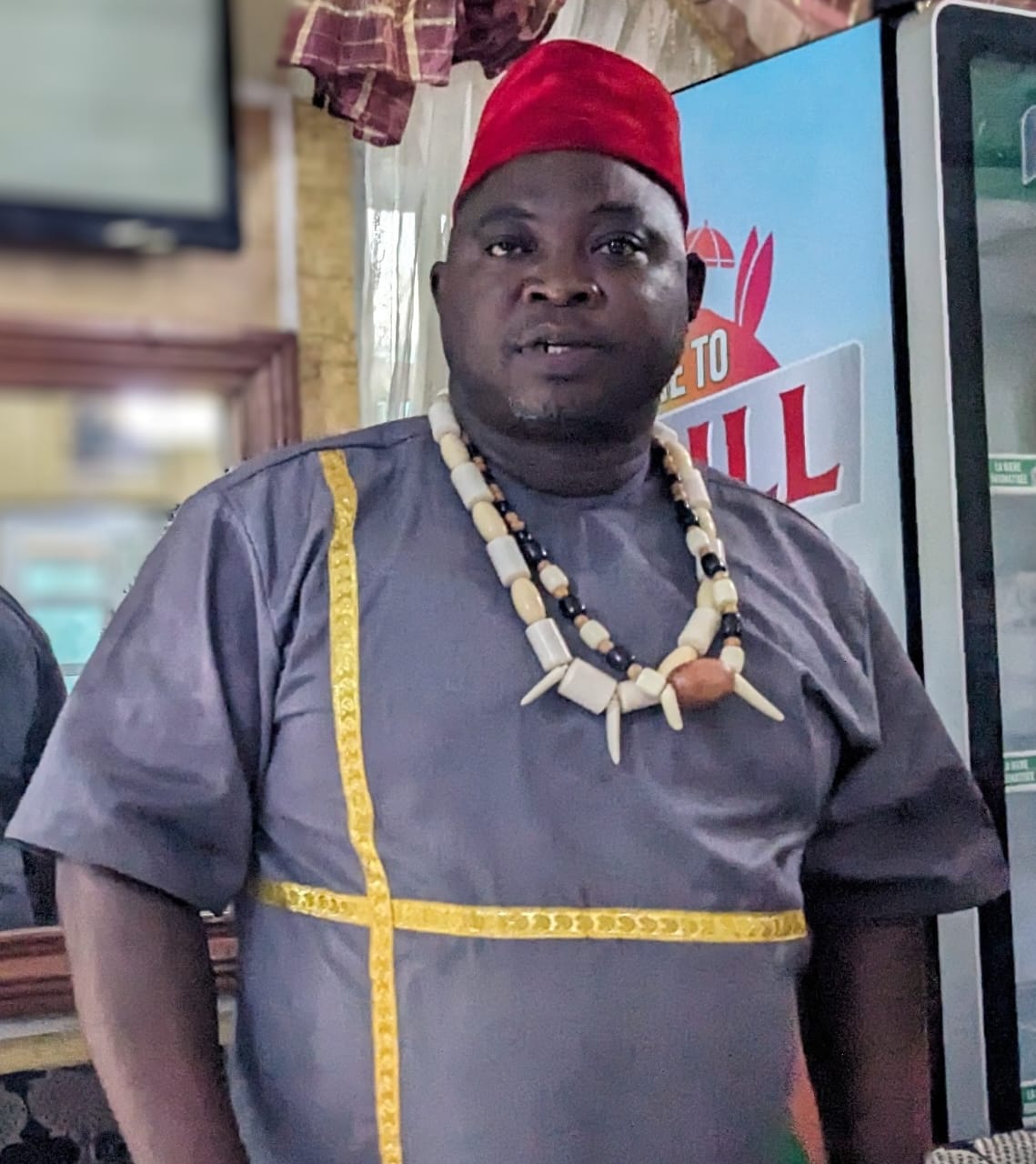
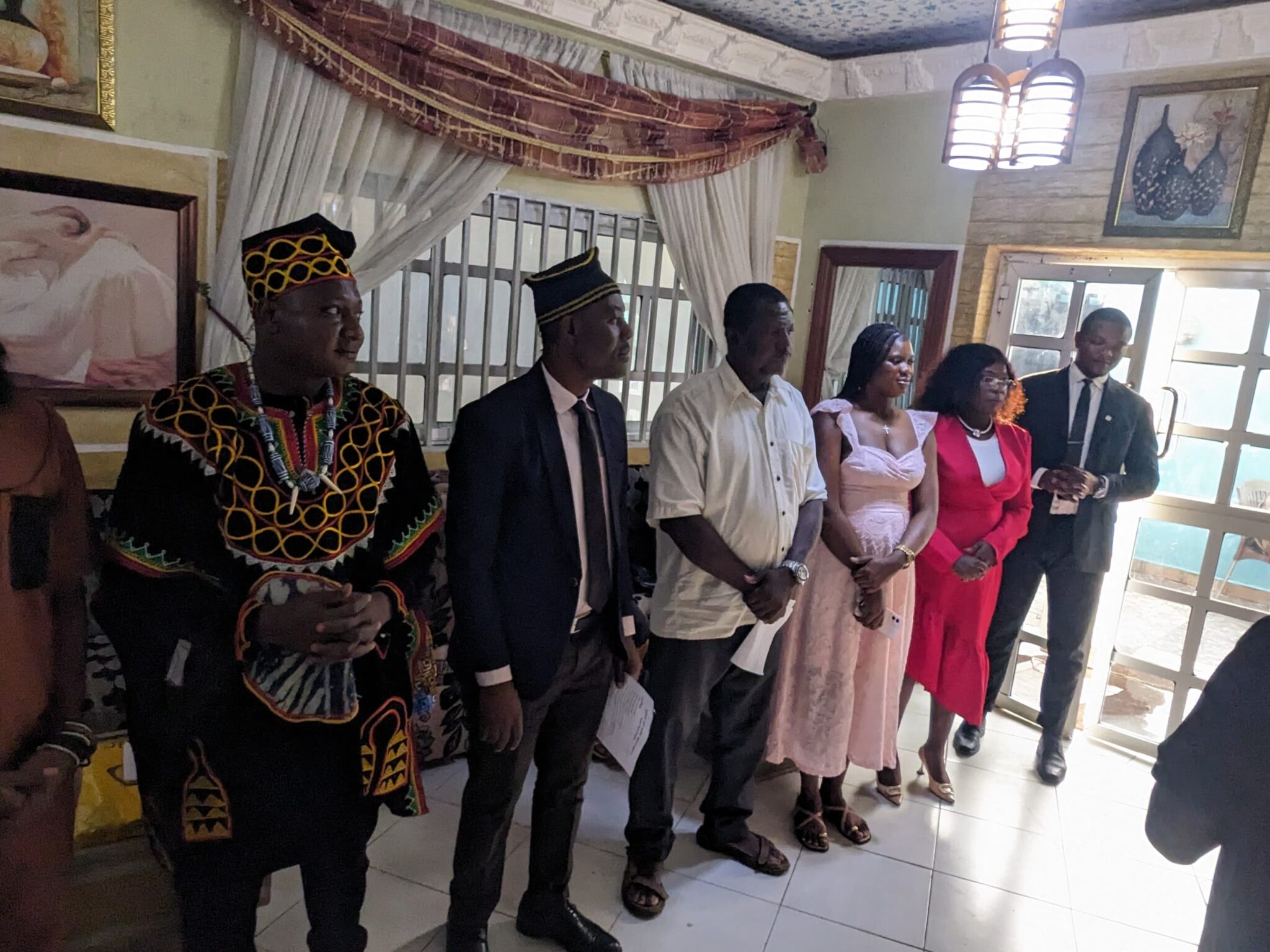

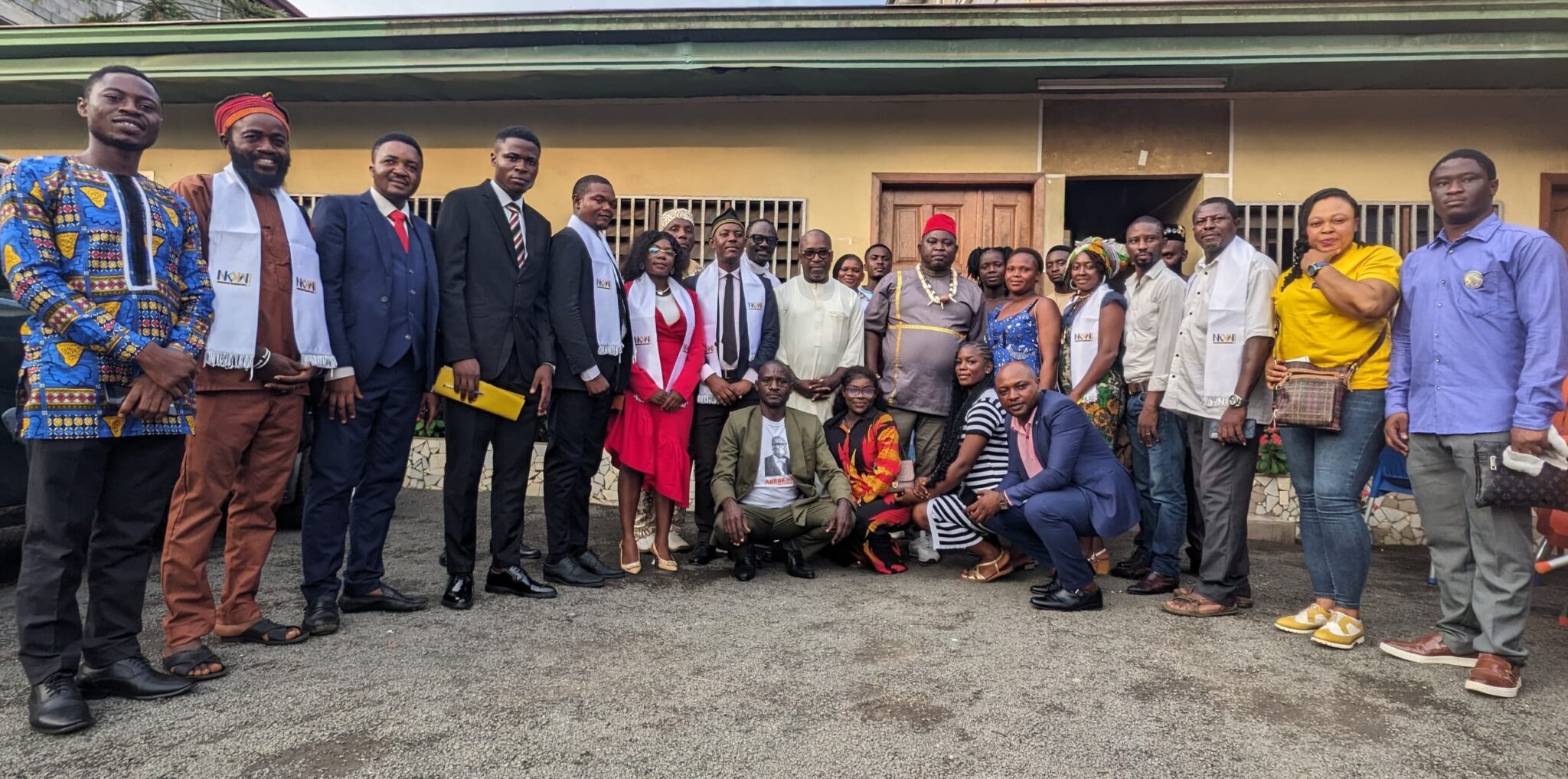
He urged the newly installed task force to spread Barrister Akere Muna’s ideologies at the grassroots level and mobilize people for the election.
“We think that it is necessary that we put this task force in place to reinforce the momentum that’s been gathered, you know, to make sure that they give him the support that he deserves, that he needs to get to that position,” Mr Samcoh said.
The newly appointed South West task force president, Tambe Henry, expressed his commitment to the role.
“It is just to go down to the field and meet the youths, share this vision with them and also bring them on board,” he said.
He echoed the frustrations of many Cameroonian youths with the current regime, which has been in power for 42 years.
“If you show me a young person in Cameroon who is not frustrated with this system, then I would like you to ask me this question again in 2032 because every Cameroonian youth is frustrated with the system.” He called on youths to “register massively.”
Protecting Vote With Polling Agents
Tambe and his team have been tasked with mobilizing, encouraging, and convincing grassroots youths to secure their voter’s cards and join the movement. They will also determine the observers at various polling stations in the region during the elections.
Just like the opposition Social Democratic Front party, the Now Movement plans to deploy thousands of polling agents to voting centers nationwide to monitor the voting and counting process.
They believe that the presence of polling agents at every station is the most effective way to prevent potential vote rigging by President Paul Biya’s regime, which has been accused of rigging previous elections.
One of the Now Movement’s senior militants, Dr. Ako John Ako, urged youths to take responsibility for changing the country through the ballot box.
“The future of Cameroon lies in the youth. You cannot be 60 percent of a population and you allow older people, fit to be ancestors, making decisions. Niat has been reelected, Cavaye has been reelected, so Paul Biya too might be reelected. Should we then let the country keep on getting rotten? The time is now, and the hope is now,” Dr. Ako said.
Voter apathy remains high in Cameroon, and youth participation in politics continues to be low. Many young people in the country believe their voice does not matter and no matter what they do the Biya regime will still win elections.
Barrister Akere Muna, who was absent from the installation of his South West Regional Task Force, considers himself a transition candidate.
He has pledged to serve only one term (seven years) if elected, with the goal of strengthening governance, eliminating corruption, and addressing the country’s systemic issues before stepping down.
Whether this vision will materialize remains to be seen.


